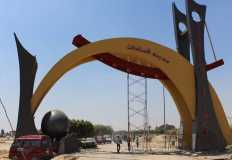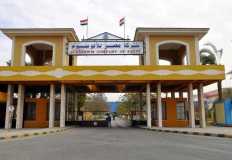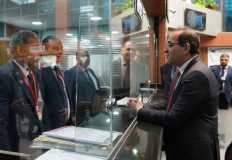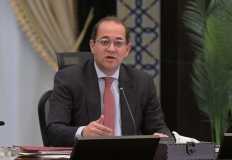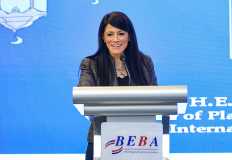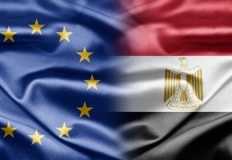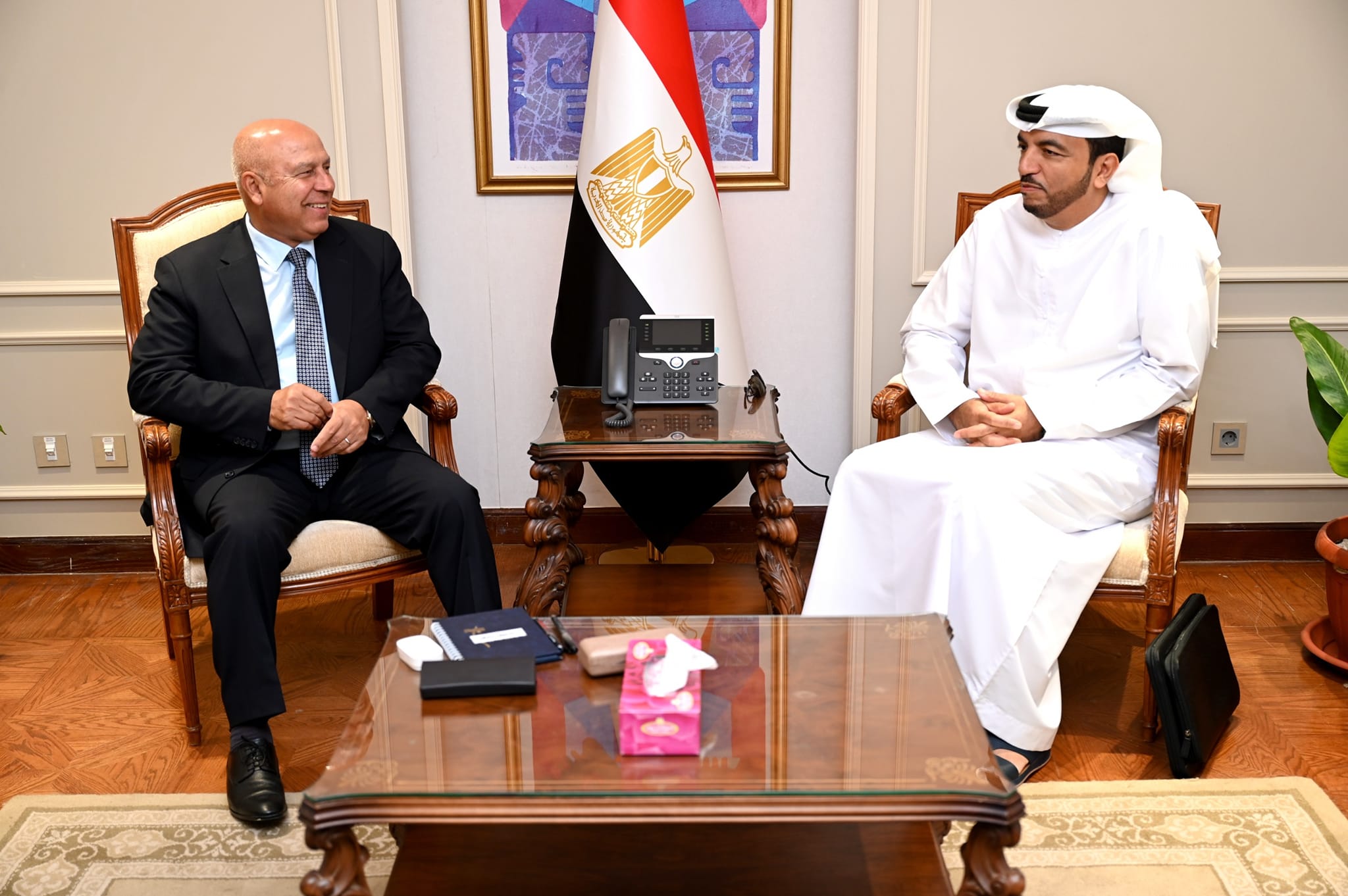
Egypt and the UAE held talks to establish a large Emirati industrial zone within Egypt. The zone aims to meet domestic demand and facilitate exports. This development follows a meeting between Egyptian Deputy Prime Minister and Minister of Industry and Transport, Kamel el-Wazir, and a UAE delegation led by Undersecretary Omar Al Suwaidi. The meeting focused on strengthening economic and investment ties between the two countries.
Attendees at the meeting included
Duaa Saleema, Executive Director of the Industrial Modernization Center;
Engineer Mohamed Fathi, Assistant Minister for Maritime Transport; and Mohamed
El-Sayed, representing the UAE's Masdar Company.
Minister Kamel el-Wazir provided
an update on ongoing negotiations between Egypt and the UAE to establish a
large-scale Emirati industrial zone. The zone is intended to serve both the
domestic market and export destinations.
Highlighting East Port Said's
strategic location and rail connectivity, the Minister emphasized its
suitability for the project. The industrial zone is planned to encompass solar
energy production, wind energy equipment manufacturing, wastewater treatment,
seawater desalination, and aluminum production.
El-Wazir proposed a dual approach
to sourcing production inputs for these industries: maximizing local supply
while complementing with imports to fulfill raw material and equipment
requirements.
He also affirmed that the
establishment of this zone comes within the framework of the directives of
President Abdel Fattah El-Sisi and Sheikh Mohammed bin Zayed Al Nahyan,
President of the UAE. The goal of this deal is strengthening industrial and
investment cooperation between Egypt and the Emirates, building upon the
existing strong bilateral relations.
The Minister emphasized the
attractive investment prospects for Emirati businesses in Egypt. Opportunities
span various sectors, including aluminium production—given Egypt's annual
domestic consumption of approximately $500 million—cladding manufacturing for
commercial, residential, and hospitality projects, large-scale automobile
production for both domestic and export markets, MDF and glass production, and
even perfume manufacturing in Fayoum and Minya.
El-Wazir instructed relevant
authorities to assess the feasibility of extending customs exemptions,
currently benefiting special economic zones and free zones, to the new Emirati
industrial zone. This would streamline the import of production inputs for
factories within the zone and decrease overall production costs.
Both parties underlined the significance of activating the existing comprehensive industrial partnership between Egypt and several Arab states, particularly the UAE. The focus of this collaboration will be on mutually beneficial projects in the pharmaceutical, textile, and agricultural sectors.
